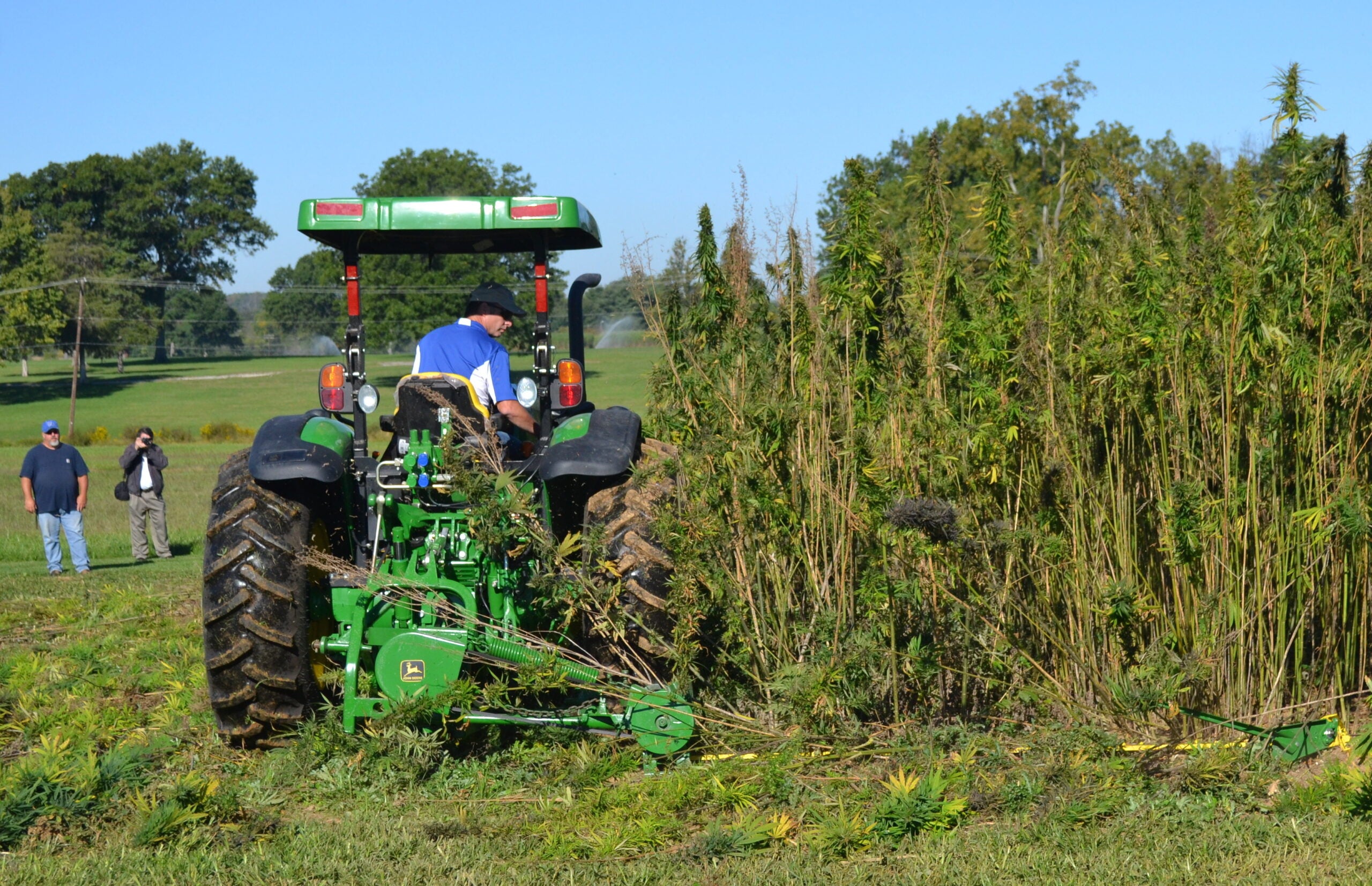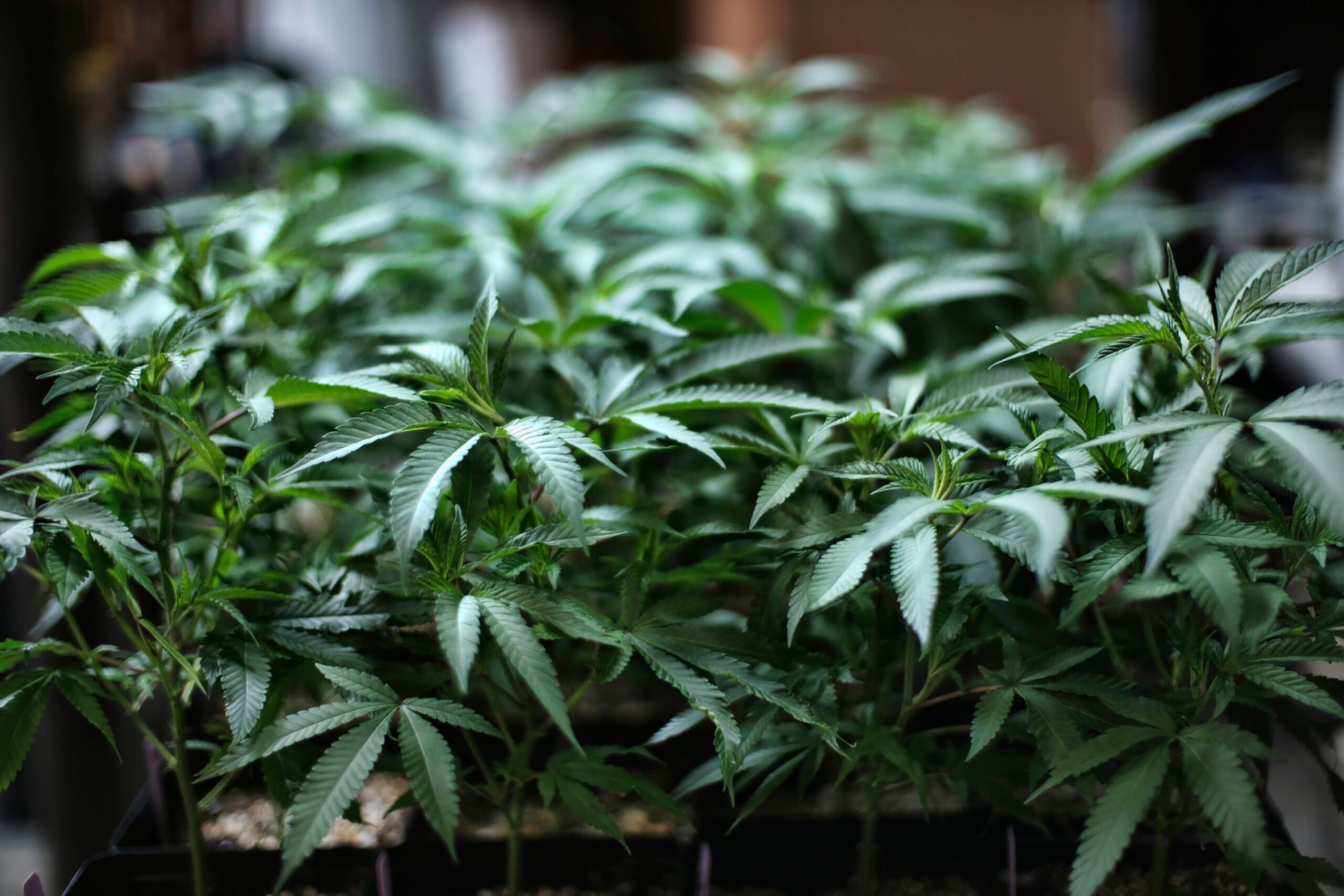A northern Wisconsin tribe has reached a settlement with Wisconsin’s attorney general over its plans to grow hemp to produce cannabidiol, or CBD oil. The St. Croix Chippewa Indians of Wisconsin filed a federal lawsuit in February against state Attorney General Brad Schimel, saying he objected to the tribe’s plans for processing hemp.
St. Croix tribal attorney Jeff Cormell said parties reached an agreement that the tribe will oversee hemp production for CBD oil on reservation lands.
“That as long as the tribe is only dealing with hemp, that the state will not exercise any jurisdiction,” said Cormell.
Stay informed on the latest news
Sign up for WPR’s email newsletter.
The lawsuit was filed prior to Schimel releasing guidance to law enforcement in May, in which he noted growing hemp to produce CBD oil is illegal under federal law except under very limited circumstances. Schimel reversed course a short time later after pushback from state lawmakers who feared Schimel’s stance may harm farmers and those using the oil to treat medical conditions like seizures. Now, farmers can grow hemp to produce CBD oil in Wisconsin as long as they obtain a license from state agriculture officials.
Cormell said it was clear the state was concerned the tribe was making a veiled attempt to grow marijuana in its plans to grow hemp for CBD oil production.
“We assured them that is not what our interest is,” said Cormell. “We consider marijuana, much like the state, to still be illegal in the state of Wisconsin (and) also on the reservation. They made it very clear that if at any time we were growing marijuana, they would exercise jurisdiction, and we consented to that.”
In its lawsuit, the tribe argued the state had no authority on reservation lands over growing hemp for CBD oil. States like Wisconsin do have authority over criminal matters on reservations under a federal law known as Public Law 280. However, Cormell said Wisconsin’s regulation of hemp production and CBD oil made those civil matters that fall under the tribe’s authority as a sovereign nation.
The settlement said the state will take no action to interfere with a tribal ordinance that governs a control program and regulatory body to oversee hemp cultivation and processing, as well as businesses operating under it. Under the agreement, the tribe also agrees to notify the state of any changes to its ordinance.
Cormell said the tribe hopes to generate new streams of revenue for housing, health care and law enforcement with its plans to grow hemp for CBD oil production.
“New streams of revenue are always needed and definitely this is something that St. Croix is looking at as a new, very lucrative area to provide additional funds to help support tribal membership,” he said. “That being said, the tribe is also a large believer that CBD oil has significant health benefits.”
The U.S. Food and Drug Administration approved a purified form of CBD to treat seizures associated with severe forms of epilepsy at the end of June.
CBD oil can be extracted from hemp or marijuana, but it has very little or none of the psychoactive ingredient THC.
A spokesman with the Wisconsin Department of Justice did not return a request for comment on the settlement.
Wisconsin Public Radio, © Copyright 2025, Board of Regents of the University of Wisconsin System and Wisconsin Educational Communications Board.





